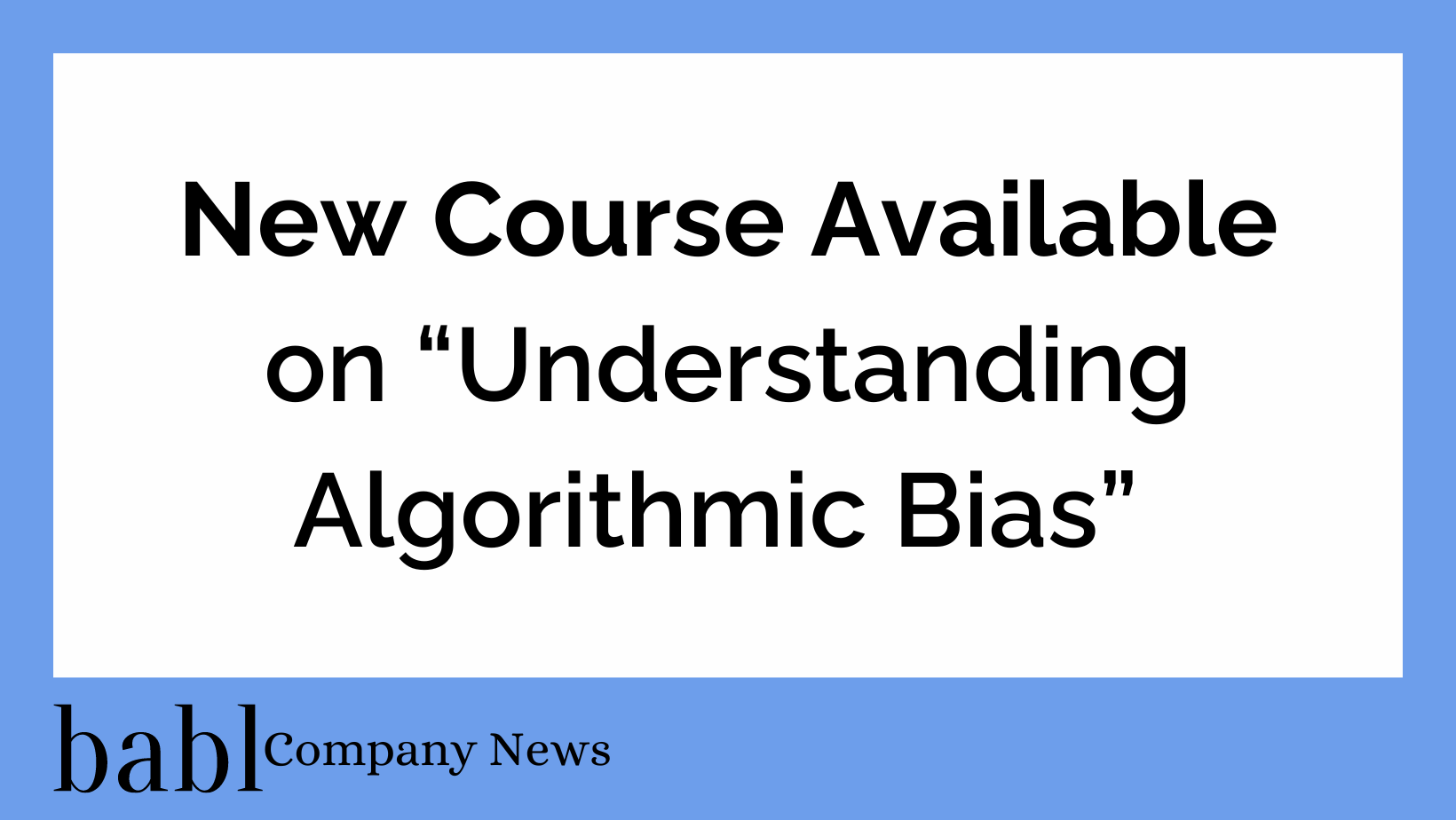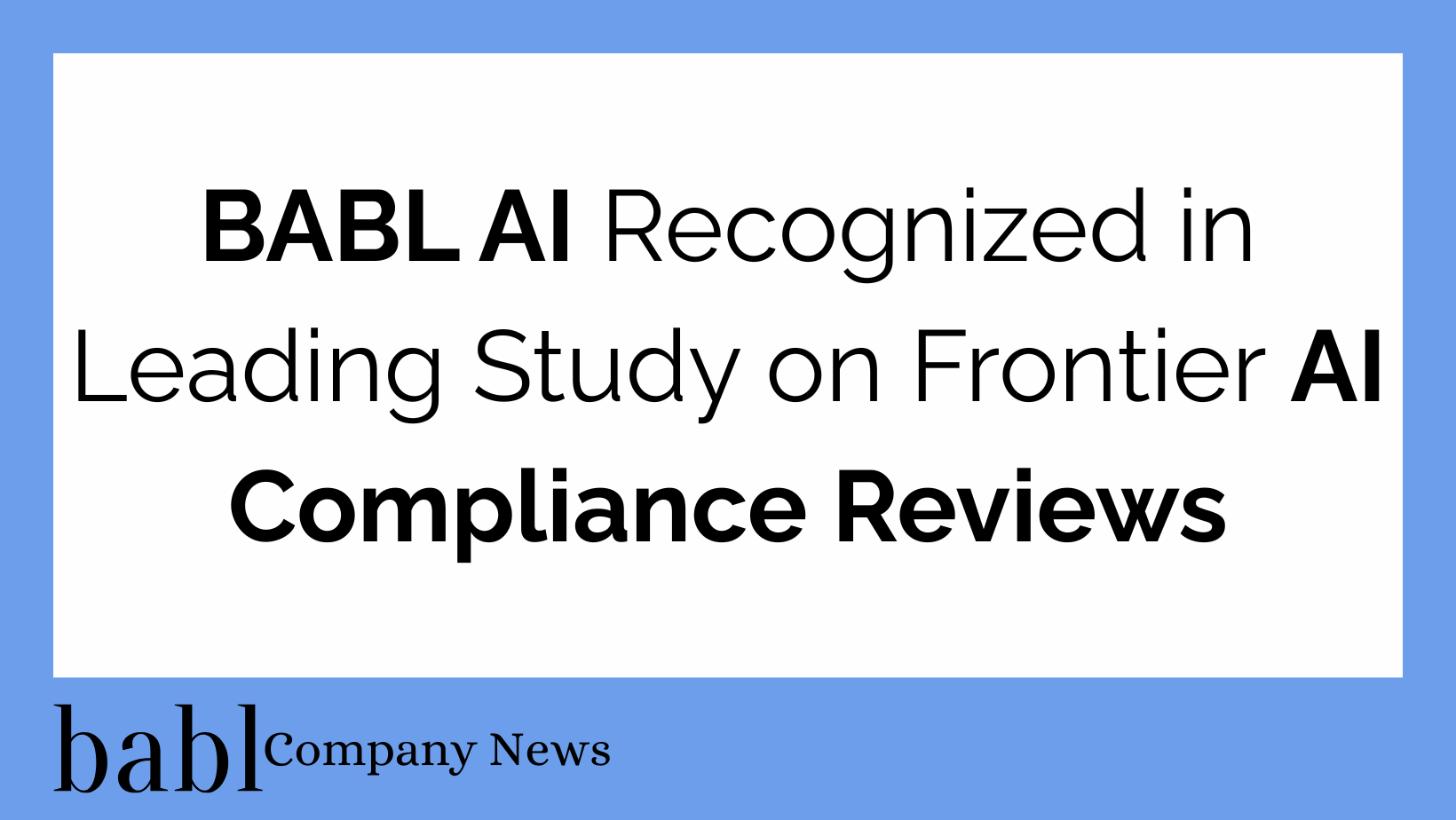BABL AI Announces New Course on Understanding Algorithmic Bias – Learn to Identify and Mitigate Bias in AI Systems
BABL AI is expanding its education portfolio with the launch of “Understanding Algorithmic Bias.” This one-week course gives learners a clear and practical understanding of algorithmic bias and its effects on AI systems. Covering the 13 most common forms of bias, the course uses real-world examples to show how these issues appear in everyday technologies. Students will practice identifying bias in real examples and explore the challenges of spotting hidden patterns. Moreover, they will study nine strategies for reducing bias in AI, gaining practical methods to address fairness concerns.
Program Overview
The course includes a structured schedule with quizzes, lectures, and additional resources. Topics include:
-
What is Algorithmic Bias?
-
Types of Bias: Gender, Racial, and Age Bias
-
Open Discussions on AI Bias
-
Can You Spot the Bias?
-
Education, Regulation, and AI Auditing
-
Strategies for Mitigating Bias in AI
Through this design, students will steadily build the knowledge needed to evaluate and correct bias in AI tools.
Outcome and Professional Development
Designed for learners from all backgrounds, this course requires no prerequisites and aims to provide a high-level understanding of AI bias and mitigation techniques. The curriculum includes pre-recorded lectures and a recording of a live lecture by Jeffery Recker, Co-Founder and Chief Operating Officer of BABL AI. Recker, with his extensive background in social and environmental sustainability and experience as a certified AI Auditor, will lead the course, ensuring that students gain practical skills and knowledge to develop ethical and unbiased AI solutions.
Conclusion
The “Understanding Algorithmic Bias” course by BABL AI is an essential offering for professionals eager to navigate the complexities of AI bias and its impact on various systems. Through a blend of comprehensive lectures, real-world examples, and practical mitigation strategies, participants will gain the knowledge and skills needed to identify and reduce biases in AI. Embrace this opportunity to lead with confidence in the creation of ethical and unbiased AI solutions.
Enroll today and take the first step towards mastering the skills needed to create fair and unbiased AI systems.





